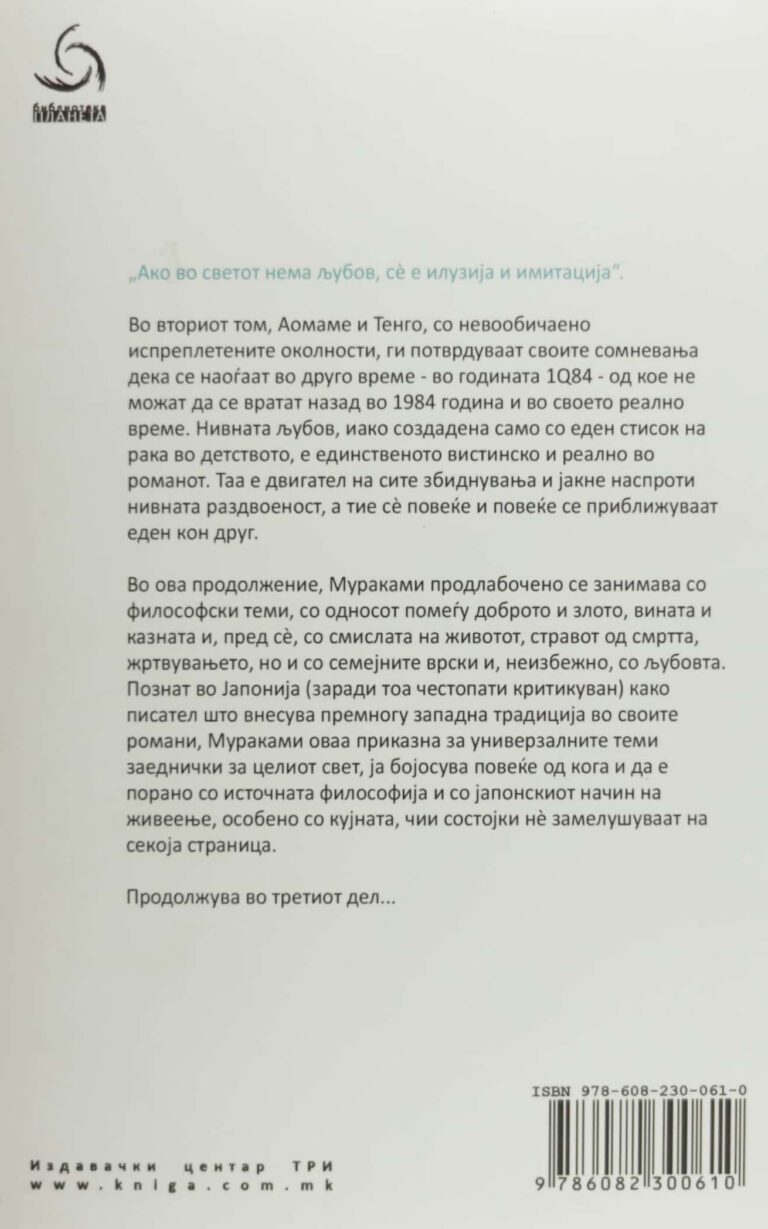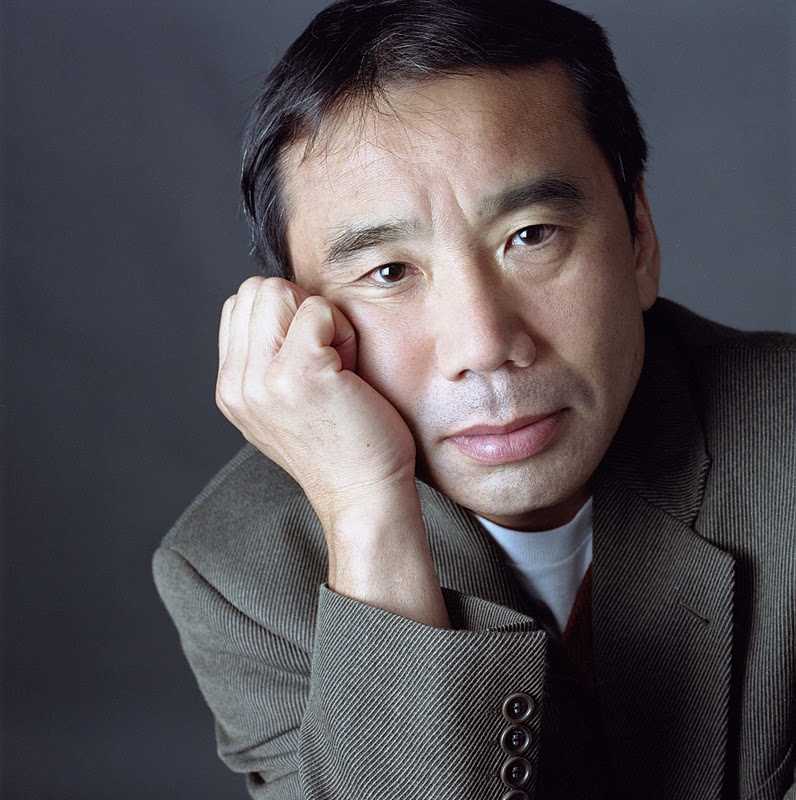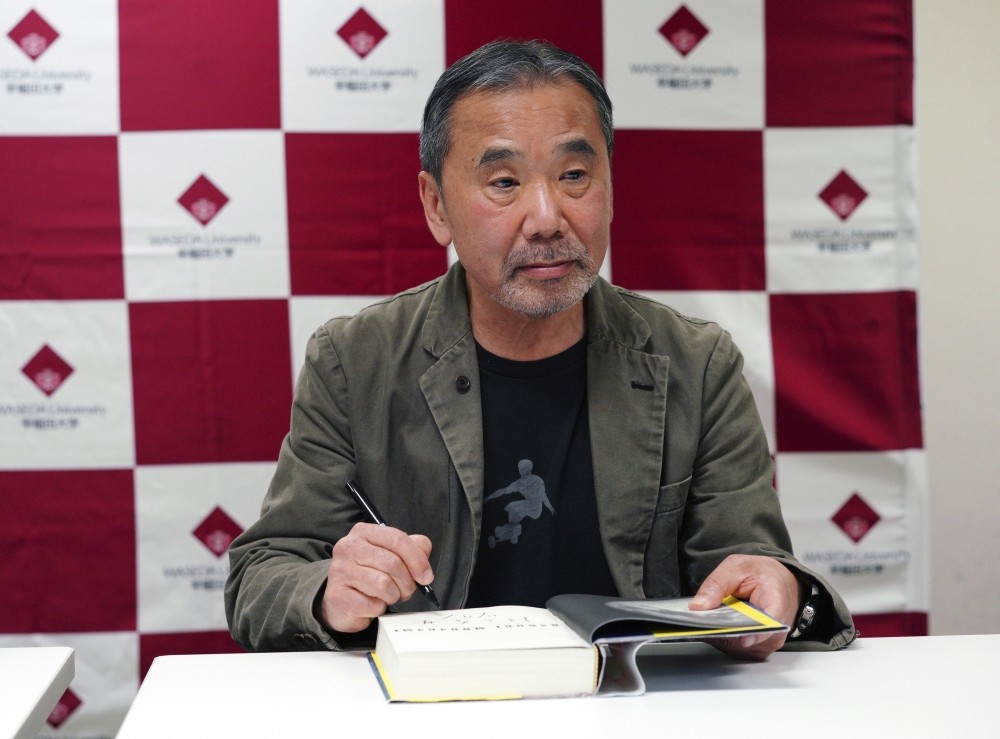

Additionally, only one of the stories contains clear supernatural elements, which are present in the majority of Murakami's stories. All six stories are told in the third person, as opposed to Murakami's much more familiar first person narrative established in his previous work.

The stories in after the quake repeat motifs, themes, and elements common in much of Murakami's earlier short stories and novels, but also present some notable stylistic changes.

Along with Underground, a collection of interviews and essays about the 1995 Tokyo gas attacks, and The Wind-Up Bird Chronicle, a complex exploration of Japan's modern history, after the quake represents part of an effort on the part of Murakami to adopt a more purposeful exploration of the Japanese national conscience. The stories were written in response to Japan's 1995 Kobe earthquake, and each story is affected peripherally by the disaster. First published in Japan in 2000, it was released in English as after the quake in 2002 (translator Jay Rubin notes that Murakami "insisted" the title "should be all lower-case"). "All God's Children Can Dance") is a collection of six short stories by Japanese author Haruki Murakami, written between 19. After the quake ( 神の子どもたちはみな踊る, Kami no Kodomo-tachi wa Mina Odoru, lit.


 0 kommentar(er)
0 kommentar(er)
